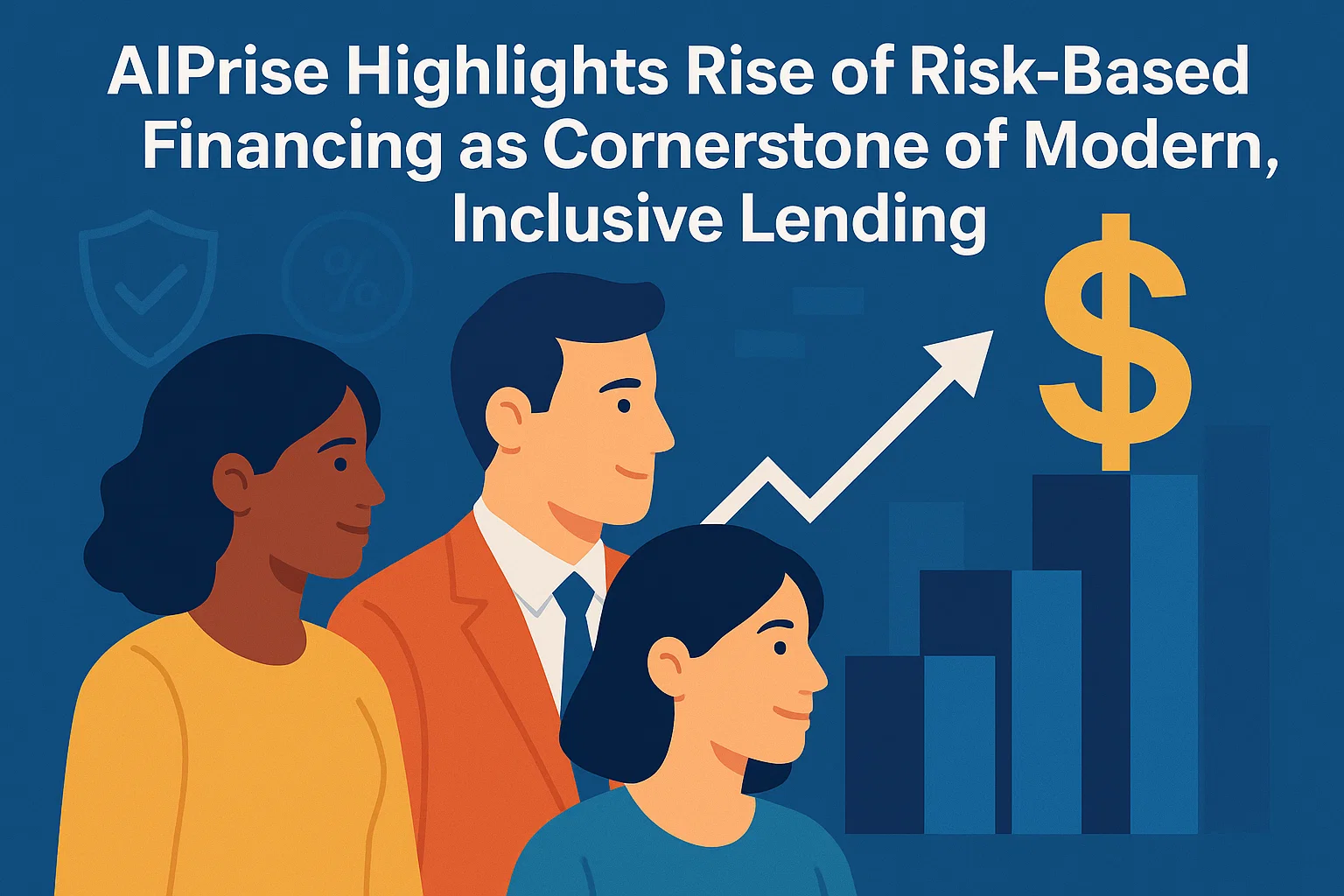
AIPrise underscores how risk-based financing has become the foundation of modern credit systems, driving a shift from uniform lending practices to personalized, data-driven credit models. With roughly 80% of consumers maintaining credit scores above 750, financial institutions are increasingly turning to AI-powered risk assessment tools to extend credit responsibly while safeguarding portfolio health and regulatory compliance.
Unlike traditional one-size-fits-all models, risk-based lending tailors loan terms to a borrower’s unique financial profile—factoring in credit history, income stability, behavioural analytics, and alternative data such as transaction patterns and psychometric indicators. This approach promotes fairer pricing, financial inclusion, and greater transparency, allowing low-risk borrowers to access better terms while ensuring appropriate safeguards for higher-risk applicants.
Tracing its origins to the late 20th century, the evolution from manual credit evaluation to algorithmic and AI-driven models has redefined credit scoring. The integration of alternative data sources has been especially transformative, helping lenders reach previously underserved and underbanked segments.
AIPrise notes that interest rates within risk-based frameworks typically vary between 0.5% and 2.5%, depending on default probability and market competition. By aligning loan pricing with statistical risk models, lenders can optimize returns while ensuring responsible credit expansion.
However, the company cautions that data biases, overreliance on algorithms, and ethical challenges remain key risks—especially concerning privacy and fairness in AI-based assessments. To maximize impact, institutions must combine accurate data, transparency, and robust oversight, ensuring that precision, fairness, and ethics remain central to credit decision-making.




